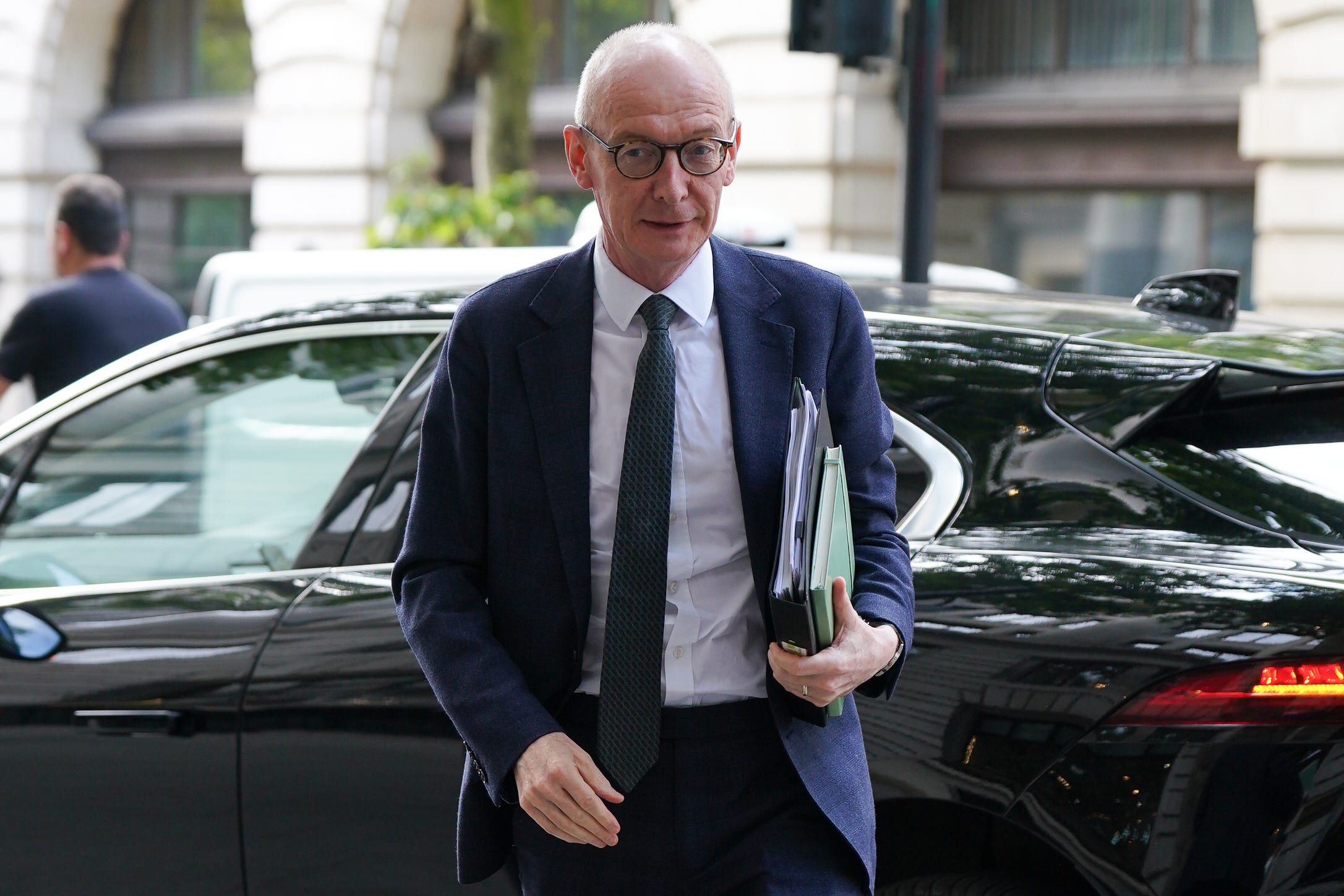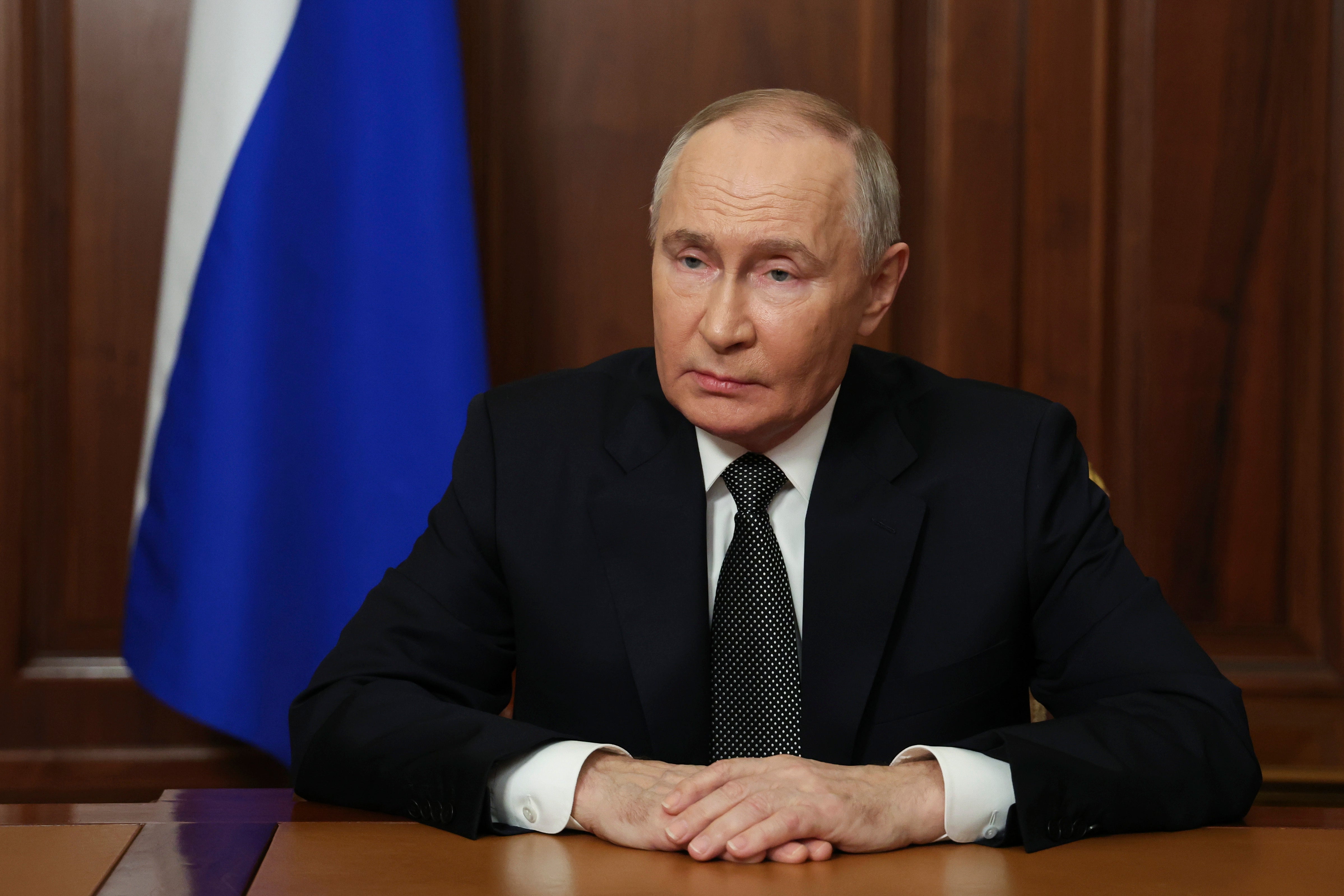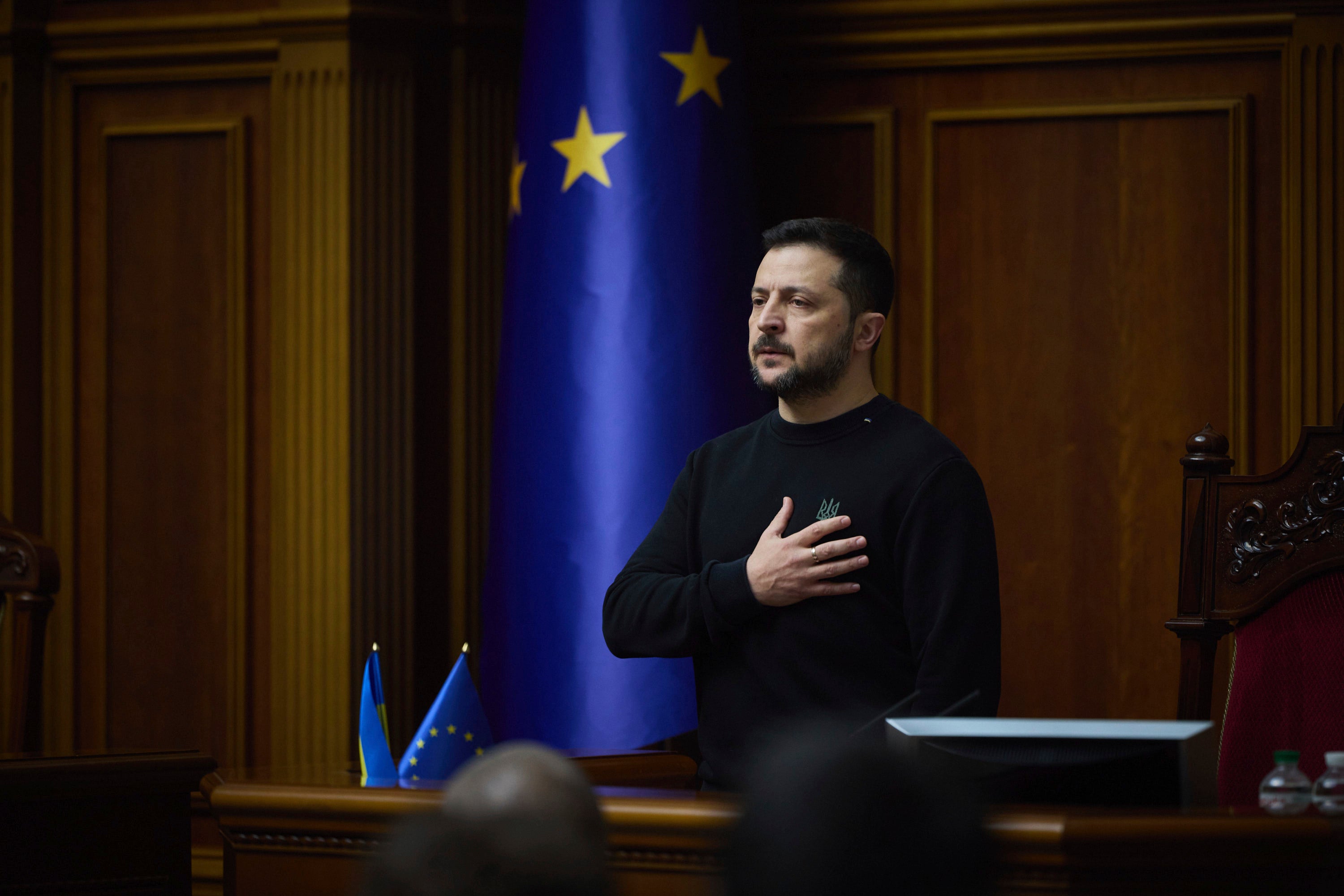UK spies ‘watching’ Russia amid cyberwarfare fears, minister to warn
Chancellor of the Duchy of Lancaster Pat McFadden will say the UK and its Nato allies are ‘watching’ Moscow and combating its attacks both publicly and ‘behind the scenes’
British spies will seek to counter Russian cyberwarfare with a new laboratory for artificial intelligence, with a senior government minister warning that Russia will not “think twice” about targeting the UK.
Chancellor of the Duchy of Lancaster Pat McFadden will speak at the Nato cyber defence conference at Lancaster House on Monday night. Vowing never to let Vladimir Putin deter the UK from supporting Ukraine, Mr McFadden will say the UK and its Nato allies are watching Moscow and combating its attacks both publicly and “behind the scenes”.
Mr McFadden will warn that Britain “learned long ago” not to appease dictators and that Mr Putin “will not be successful” in attempting to weaken backing for Ukraine.

And the minister, responsible for UK national security, will announce a new Laboratory for AI Security Research aimed at helping the UK stay ahead in “the new AI arms race”.
The centre will bring together GCHQ, Oxford University, the National Cyber Security Centre, the Alan Turing Institute and numerous government departments, and be handed an initial £8.22m.
Mr McFadden will say: “Be in no doubt: the United Kingdom and others in this room are watching Russia. We know exactly what they are doing, and we are countering their attacks both publicly and behind the scenes.
“We know from history that appeasing dictators engaged in aggression against their neighbours only encourages them. Britain learned long ago the importance of standing strong in the face of such actions.
“That’s why we support Ukraine in its fight to decide its own destiny. Putin is a man who wants destruction, not peace. He is trying to deter our support for Ukraine with his threats. He will not be successful.”
Mr McFadden will also warn that cyber interference enables Russia to “turn the lights off for millions of people” by shutting down power grids and represents the “hidden war” it is waging against Kyiv.

But while AI can amplify existing cyber threats, it can also create better defence tools for security agencies to use to collect, analyse, and produce more useful intelligence, he will say.
“Cyberwar is now a daily reality,” Mr McFadden is to tell allies.
“One where our defences are constantly being tested. The extent of the threat must be matched by the strength of our resolve to combat it and to protect our citizens and systems.”
He will add: “AI is already revolutionising many parts of life – including national security. But as we develop this technology, there’s a danger it could be weaponised against us. Because our adversaries are also looking at how to use AI on the physical and cyber battlefield.”
Alongside the new laboratory, the minister will also announce a new £1m incident response scheme designed to share expertise so that allies can counter cyberattacks more effectively.

Mr McFadden and senior national security officials will also meet business leaders next week to discuss how they can protect themselves as he warns Russia will “not think twice” about targeting British firms.
The intervention comes amid a dramatic escalation in tensions between Russia and the West, with Mr Putin lowering Moscow’s threshold for the use of nuclear weapons and suggesting the Ukraine war is becoming a “global” conflict.
The Russian leader has said he is entitled to target the military facilities of countries which have supplied weapons to Kyiv.
On Thursday, Moscow used a new ballistic missile in Ukraine, which Mr Putin said was in response to the UK and US allowing missiles they have supplied to be used to strike targets in Russia.
Ministers have declined to explicitly confirm that British missiles have been used across the border, but the UK is widely believed to have allowed its Storm Shadow weapons to be used by Ukrainian forces within the Kursk region.
Meanwhile, the US has given permission for its ATACMS weapons to be fired at targets in Mr Putin’s country.
Moscow sent 73 drones into Ukraine overnight into Sunday. According to Ukraine’s air force, 50 drones were destroyed and four lost, likely having been electronically jammed.
In Russia, the defence ministry said 34 Ukrainian drones were shot down overnight into Sunday in four regions of western Russia, including Kursk, Lipetsk, Belgorod and one over the Oryol region.
Join our commenting forum
Join thought-provoking conversations, follow other Independent readers and see their replies
Comments
Bookmark popover
Removed from bookmarks